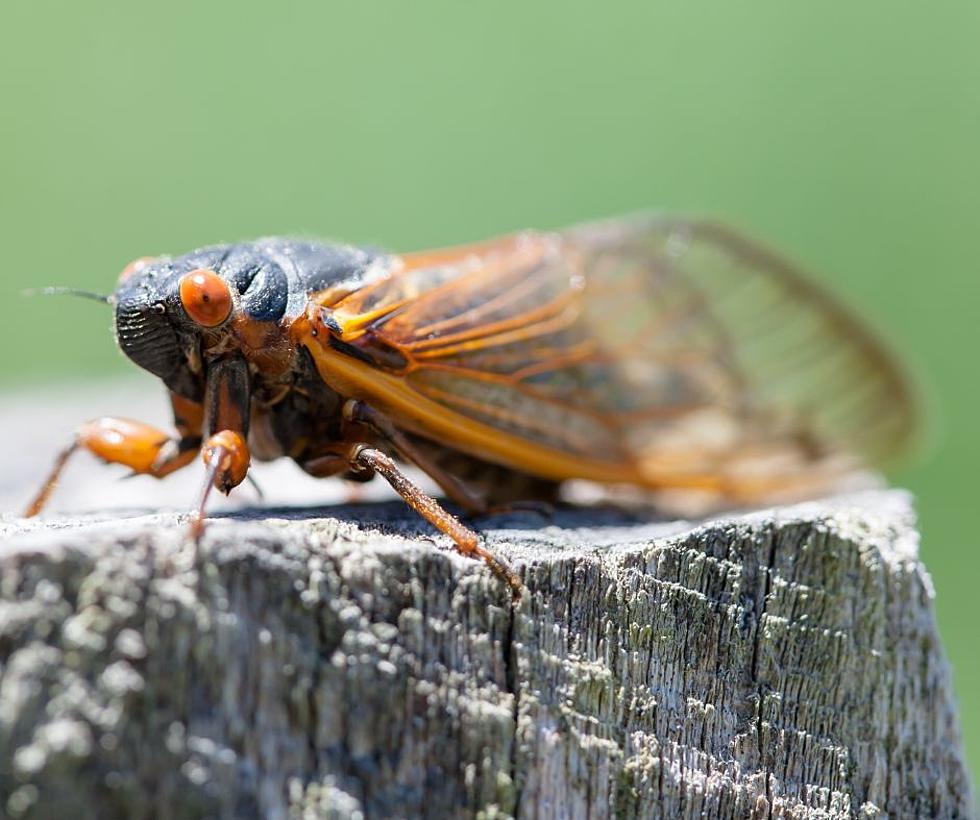
Here’s The Reason Rockford’s Crickets And Cicadas Are So Loud Lately
Summer nights around the Rockford area have been pretty noisy lately, thanks to the efforts of our local cricket and cicada populations. Why are they louder now than they were at the beginning of summer?
If you're a betting person, you might want to wager that it's got something to do with sex.
Because really, what doesn't?
The Changing Of The Guard
Here in Northern Illinois right now, we can hear the cicadas doing their screeching, I mean singing, in the treetops throughout the day up until around dusk. Then, having finished their set, the cicadas make way for the crickets to commence their chirping from ground level. The crickets then wrap up their concert around dawn, and the cycle starts all over again.
Chatting During A Nighttime Walk Is Like Trying To Chat At An AC/DC Concert
My wife and I were out in our neighborhood the other night at about 10pm for a walk with the dog when I noticed that the cricket-song was literally drowning out pretty much every other sound around us. Including each other.
Me: The crickets sure are loud.
Amy: Why would Tom Ricketts buy a cloud? That's just stupid.
Me: No, I said the crickets sure are loud.
Amy: The chiclets are sour?
Me: Yep.
It's All About The Temperature
According to a piece at the Lake County Journal, air temperatures have a lot to do with not only the cicada-cricket overlap that takes place around dusk, but also the amount of chirping that crickets will do. The warmer we get at night, the more chirping:
It’s been said that you can tell the temperature by counting the number of times a cricket chirps within a given amount of time. It’s true – even Snopes.com agrees that if you count the number of chirps a cricket makes in 14 seconds, then add 40, you’ll get the approximate temperature. The reason crickets and cicada songs only overlap this time of year is because cicadas aren’t nearly as vocal if the temperature isn’t around 80 degrees. As the temperatures decline in fall, we can still hear crickets, but the cicadas die out.
WATCH OUT: These are the deadliest animals in the world
LOOK: Here are the pets banned in each state
More From 96.7 The Eagle









